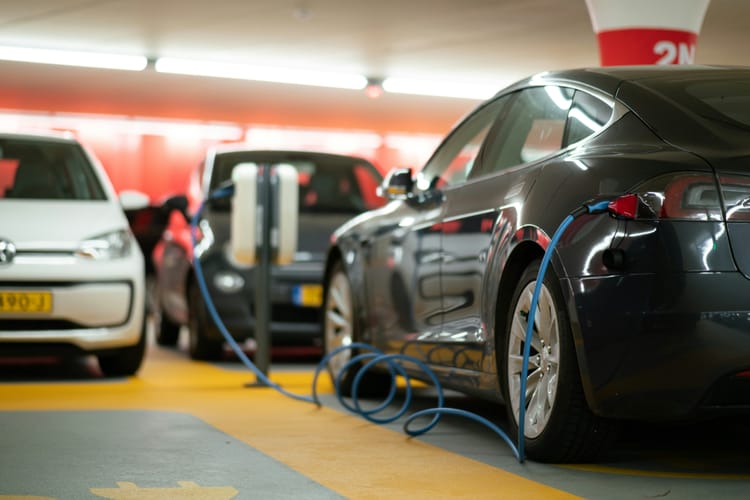Ralph Lauren retires 2040 net zero goal to focus on near-term reductions
Ralph Lauren decreased absolute emissions by 34% in 2025 compared to its 2020 baseline.

US fashion brand Ralph Lauren has announced that it is phasing out its 2040 net zero goal in favour of rolling five-year targets, signalling a focus on concrete short-term action after reducing absolute emissions by 34%.
In its latest sustainability report, the company explains that this approach “is intended to deliver impactful results and drive accountability”. Ralph Lauren adds that it will continue to follow a science-based methodology aligned with the Paris Agreement and support industry programmes to decrease the cost of decarbonisation for suppliers.







